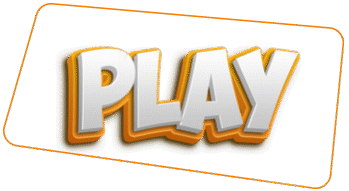
🎙️ Teaching Others Locks in Your Learning
Peer teaching is one of the most powerful ways to learn. Why? Because when you teach someone else, you activate your deepest knowledge pathways. In Quantum terms, you’re not just explaining — you’re proving that you can retrieve, organise, and deliver knowledge without thinking.
That’s called emergence.
👑 Why Peer Teaching Works (and Who It Really Helps)
When you become the teacher, you:
🔁 Reinforce your own knowledge structure
🧠 Spot holes in your own thinking
🧩 Reorganise what you know to fit someone else’s perspective
Sure, your peer gets something out of it. But the biggest upgrade is yours.
If you can explain something clearly, without notes or slides, you don’t just know it — you own it.
🔓 From Repeating to Emerging
Traditional teaching? Often a PowerPoint. Quantum teaching? A fluid information flow from your brain to theirs.
You don’t teach from a script. You teach from emergence.
This happens when:
You’ve internalised the structure
You’ve practised retrieval from memory
You’ve let go of control and trusted the process
That’s where the real learning lives.
🔍 The Quantum Feedback Loop
Peer Teaching is a test of:
Clarity
Empathy
Transmission
But it also gives you a signal: did they understand? If they didn’t — it’s a clue that your knowledge isn’t ready to transmit yet. If they did — you’re progressing brilliantly.
🚀 Benefits of Peer Teaching
Improved retention and understanding1
Increased motivation and confidence2
Higher communication skill development3
Empathy, adaptability, and cognitive flexibility4
Peer teaching is how we go from learner to leader. It’s how we start to learn without thinking.
Ready to Try It?
👇 Download the free lesson. Pair up. Try the activity. Watch what happens.
References
- Fiorella, L., & Mayer, R. E. (2013). The relative benefits of learning by teaching and teaching expectancy. Contemporary Educational Psychology.
- Allen, V. L., & Feldman, R. S. (1976). Learning through Teaching: A Review of the Literature. Psychology in the Schools.
- Topping, K. J. (2005). Trends in Peer Learning. Educational Psychology.
Education Endowment Foundation (EEF)
Cognitive Science Approaches in the Classroom (2021)Emphasises the importance of processing, metacognition, memory retrieval, and cognitive load.
Roscoe, R. D., & Chi, M. T. H. (2007). Understanding Tutor Learning: Knowledge-Building and Knowledge-Telling in Peer Tutors.



